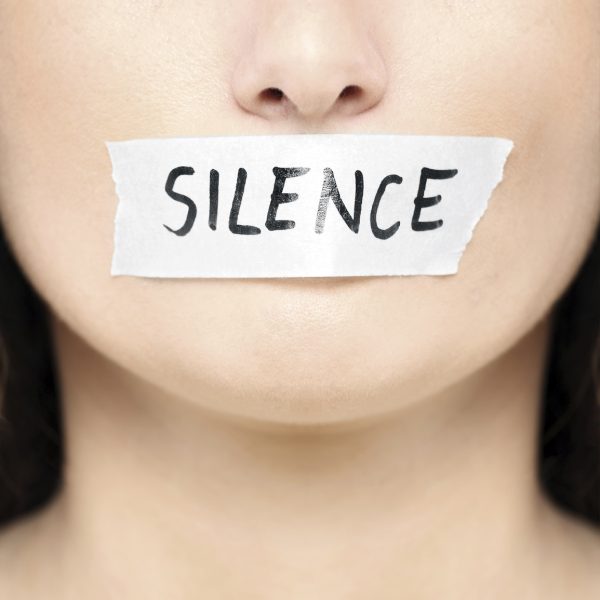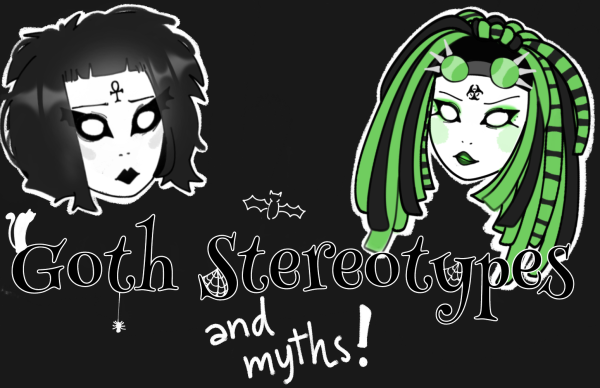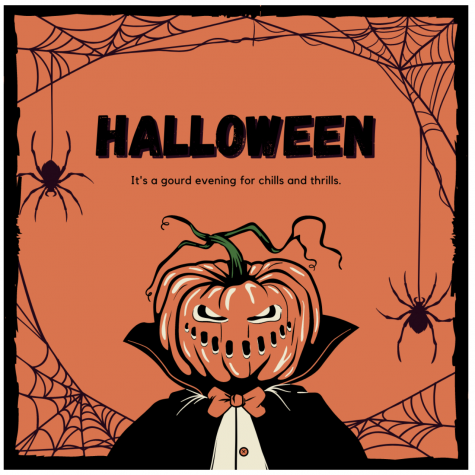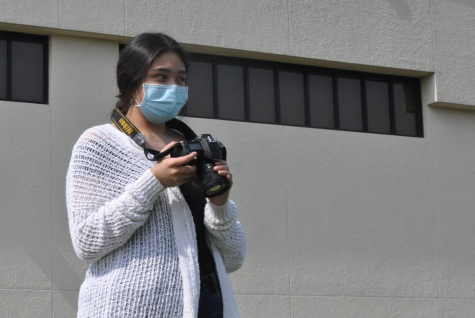Unpopular opinion: WWIII jokes are OK
Where to draw line on jokes, memes about Iran crisis
The U.S. airstrike on Friday, Jan. 3 at the Baghdad International Airport in Iraq — targeting Iranian General Qassem Soleimani — incited varied reactions from the American public. Some people fully support the President’s actions, while others feel the strike would have been justified if he gained approval from Congress first. The country saw a unique reaction, however, in the American youth: jokes and memes trended across social media centered around the prospect of “WWIII” or “the draft.” Many social media users expressed offense to this, although others called the trend harmless, citing their humorous response as a mechanism to cope with the crisis. Though that may not always be the case, these jokes are acceptable if they don’t disrespect or disregard the severity of the issue.
These jokes began to trend online on the day of the strike, amassing millions of views and likes on platforms such as Twitter and TikTok. Users made a wide variety of posts, from commentary on how soon into the new year a crisis had occurred to predicting their own actions if summoned to “the battlefield.” Most of these jokes separated themselves from the actual controversy of the airstrike, so they had little impact on the political conversation around the event. These jokes didn’t take a position on the issue, and were therefore unrelated besides being initially stimulated by the crisis.
There has long existed debate over what makes humor offensive — many comedians have lost large portions of their audiences over these controversies, making some question what material is left to comedic commentary. The enforcement of political correctness is based on a misunderstanding; it disregards the purpose of comedy to point out irony in a lighthearted manner, be it controversial. Unless the jokes actually harm an individual or a group, they shouldn’t be taken so seriously.
There are instances when jokes are dangerous and offensive and should be treated as so. In 2017, when a photo of Comedian Kathy Griffin holding a bloodied mask of President Trump was released on TMZ, she received a lot of backlash and even underwent a two month federal investigation for conspiracy to assassinate the president. Some of the recent posts relating to the Iran conflict have similarly threatening messages, to which criticism is justified.
Jokes such as these, even unintentionally, have the potential to incite hatred and desire to harm others. This does not align with the purpose of comedy; instead of challenging an idea, it promotes violence toward those holding it.
In the end, all jokes dealing with a certain topic cannot be deemed offensive. The true offensive nature of the humor is in how the joke deals with the topic, not the topic itself. Before taking offense to a joke, people should consider whether it’s doing actual damage to someone or a community or whether they feel defensive about a truth or perspective they’re unwilling to accept. People should find offense in these “WWIII” jokes if they promote dangerous ideas or serious threats, not for adding a humorous perspective to a serious topic.












